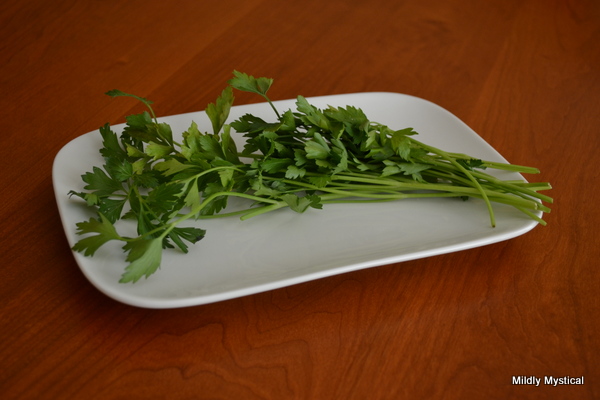I’ve been thinking lately about what faith is, as practiced in community. And about the tension in religious life between nurturing faith and acting for social justice. Not that they’re opposed—they are yin and yang, a union of opposites. The truth, the full picture, transcends each and holds them together. Each at its fullest point gives way to the other, requires the other to continue, loses meaning without the other, whether in the life of an individual or a community.
But where do we put our energy? Feeding the hungry matters, but it matters both physically and spiritually. Soup kitchens and food boxes meet basic needs, but the spirit’s needs are essential as well. The world is hungry in a thousand ways. People must have food, but they are starved for meaning, for hope, for beauty and peace. We cannot live by bread alone.
This week’s radio show, On Being, is an interview with Avivah Zornberg, who explores biblical stories through the Jewish tradition of midrash. She makes the insightful observation that faith is about asking better and better questions.
During the seder meal in the Jewish celebration of Passover, the practice of asking and answering questions is part of the sacred ritual. Children at the table see unusual and interesting foods, placed before them in part to invite questions. Why is this night different from other nights? Why are we eating these herbs tonight? A child’s simple question echoes through layers of experience in the minds of the adults. We need more than simple answers as life goes on, but we continue to ask why.
In the Seder ritual, the answer to the child and to the adults as well, comes through story. There is richness in that kind of teaching. Open spaces with room for exploration are made present in the world of a story. There is wisdom in demonstrating to the young that when people gather around the things that matter, we create a place and a time for questions.
Those early questions usually have answers. Children need information; stories are literal. But when the information comes in the form of stories, the answers invite more wondering, more questions, as time goes on.
The true teachings may be less about what can be known than about the stories that shape our lives, and the questions we’re invited into. A story changes as we inhabit it, and we are changed, too. I wish I had understood this better when my children were young, but we’re all still learning. Still asking questions.

